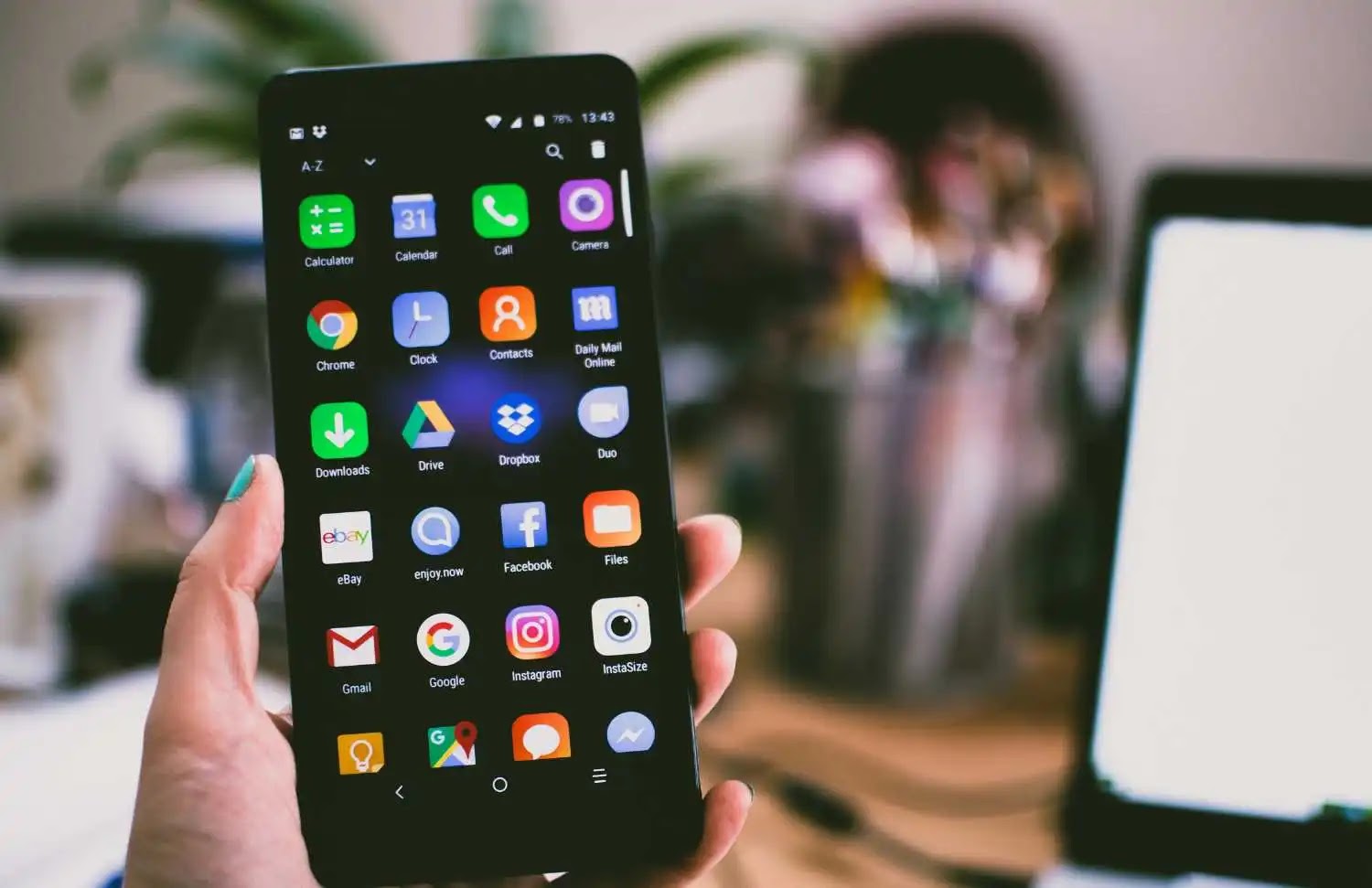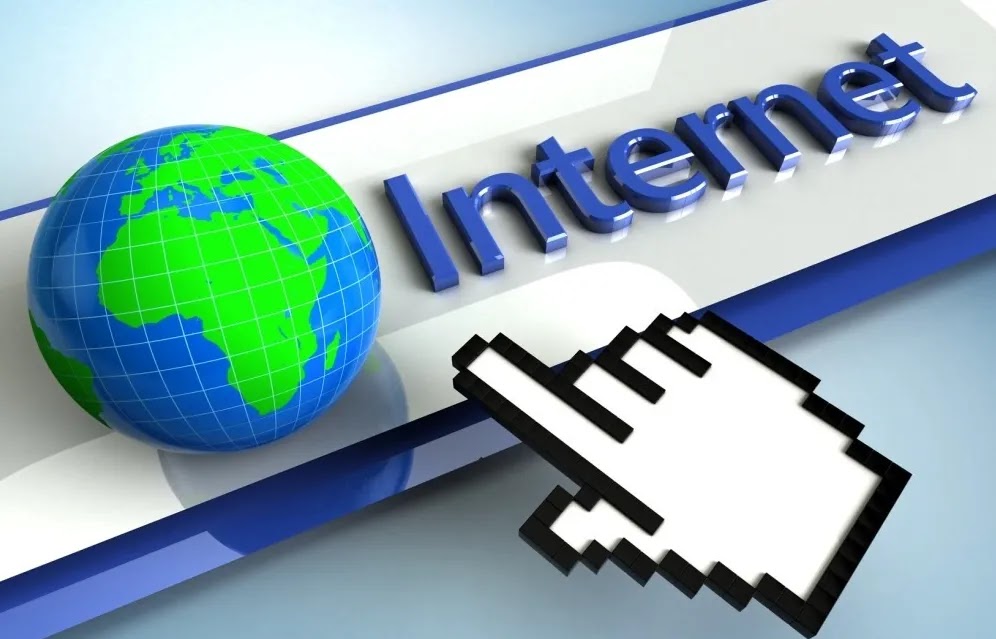

Advertisement
Related Posts

Safaricom Business Unveils First 25 Winners in Shangwe @25 Enterprise Promotion
Dec 16, 2025

Huawei Kenya Launches GT6 Series and MatePad TXZ: Smarter Health, Sleek Design & Seamless Connectivity
Nov 24, 2025

Kenya’s Fixed Broadband Market Sees Robust Growth, Reaching 2.14 Million Subscriptions by June 2025
Sep 26, 2025
Comments (0)
No comments yet.